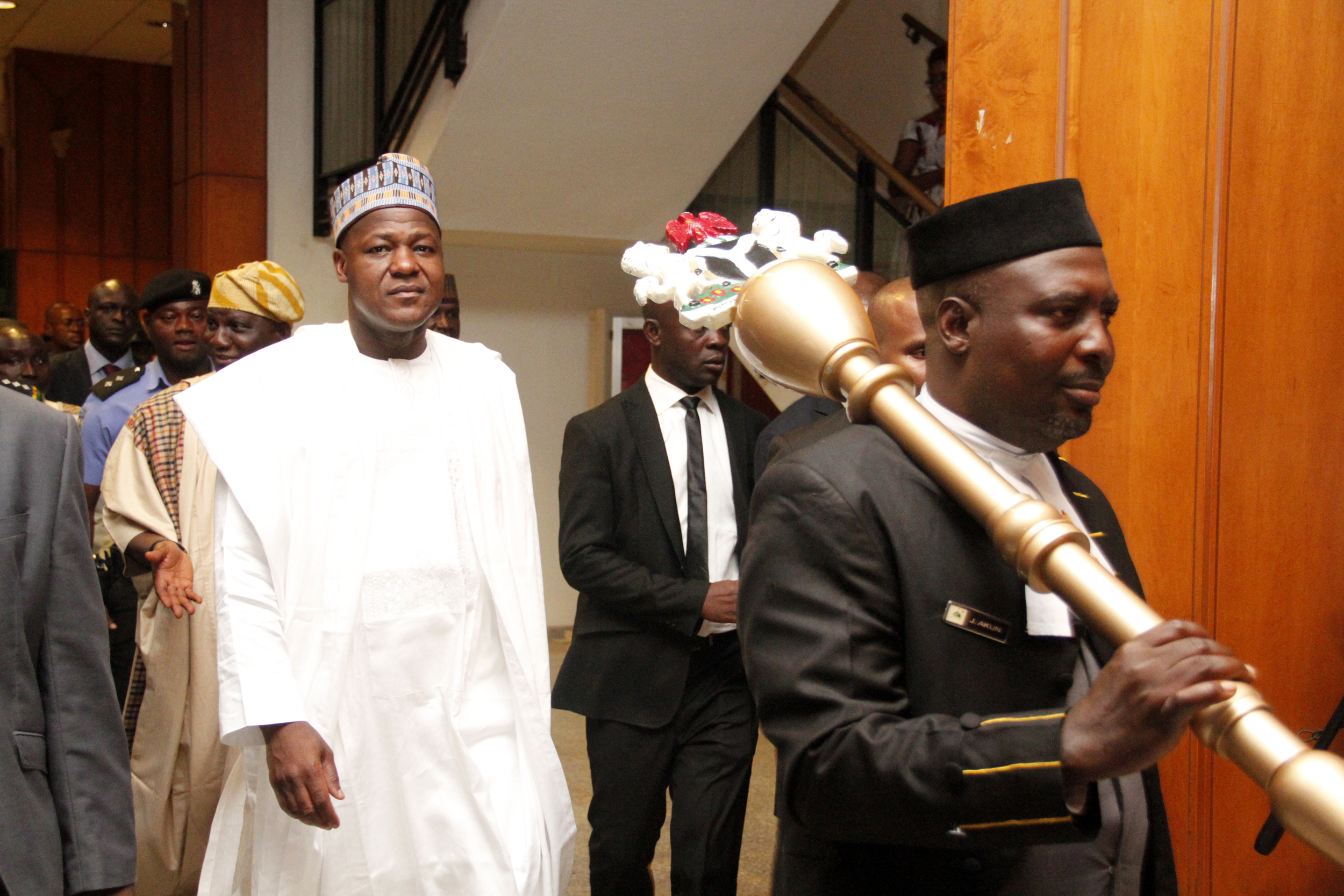(Kemi Yesufu, ABUJA)
The House of Representatives yesterday stripped the President of the powers to appoint members of staff of the Code of Conduct Bureau (CCB).
The House in a defining move, amended Section 4 (2) to substitute the word “President” with “the National Assembly” as the one to appoint members of staff of the Bureau and exercise disciplinary control over them.
The Senate has abandoned the move to amend the CCB Act following public outcry that the amendment was due to the ongoing trial on false asset declaration of Senate President, Bukola Saraki.
The House in adopting the report titled ‘an Act to provide for the establishment of the Code of Conduct Bureau and Tribunal to deal with complaints of corruption by public servants for the breaches of its provisions’, had now made it mandatory for the Bureau to give particulars of any areas of infringement (non-declaration of assets) to the public officer in question the privilege of responding.
According to the new provision in section 3(e): “Upon complaints of any breach or where it appears to the Bureau that there is a breach of the provisions or this Act, the person concerned shall be given particulars of such non-compliance or breaches to explain before any reference to the Tribunal.”
Also, the House adopted the amendment of section 10(1) that a public officer “either by himself or through another person” shall not ask for or accept any property or benefits of any kind for himself or any other person on account of anything done or omitted to be done by him in the discharge of his duties.
The lawmakers also approved the new provisions in section 1(4) which provides that “the Chairman and members shall serve for a term of five years subject to renewal for one further term only” thereby deleting the initial provision that “the chairman and any member shall vacate office upon attaining the age of 70.”
Likewise, the House amended section 10(3) by inserting a new subsection (3) which provides that: “a public officer shall not accept personal gifts or benefits from any person whom he knows or reasonably believes shall transact business with him in the course of his duty to such extent and such occasions as are recognized by customs.”
Section 15(1) which stipulated that every public officer shall within 15 months after the coming into force of this Act or immediately after taking office and thereafter, was also amended by inserting new paragraph (a) which provides that “before taking oath of office or assuming office.”
Section 18(1) of the new amendment also empowered the National Assembly to issue an order exempt any cadre of public officers from the provisions of this Act if it appears to him that their position in the public service is below the rank which it considers appropriate for the application of those provisions.
Section 18(2) also empowers the National Assembly through an order to confer on the Bureau such additional powers as may appear to it to be necessary to enable it to discharge more effectively the functions conferred upon it under this Act.
Similarly, the House amended Section 24(2) by giving the Tribunal the powers to prosecute all offences through “private legal practitioner” instead of the Federal Ministry of Justice or by the Attorney General of the Federation.
It also adopted the new provision in section 24(5) that “the provisions of the Evidence Act, 2011 as amended shall be applicable and in particular where crime is in issue, the burden and standard of proof in section 135 of the Evidence Act, 2011 as amended shall apply.”

